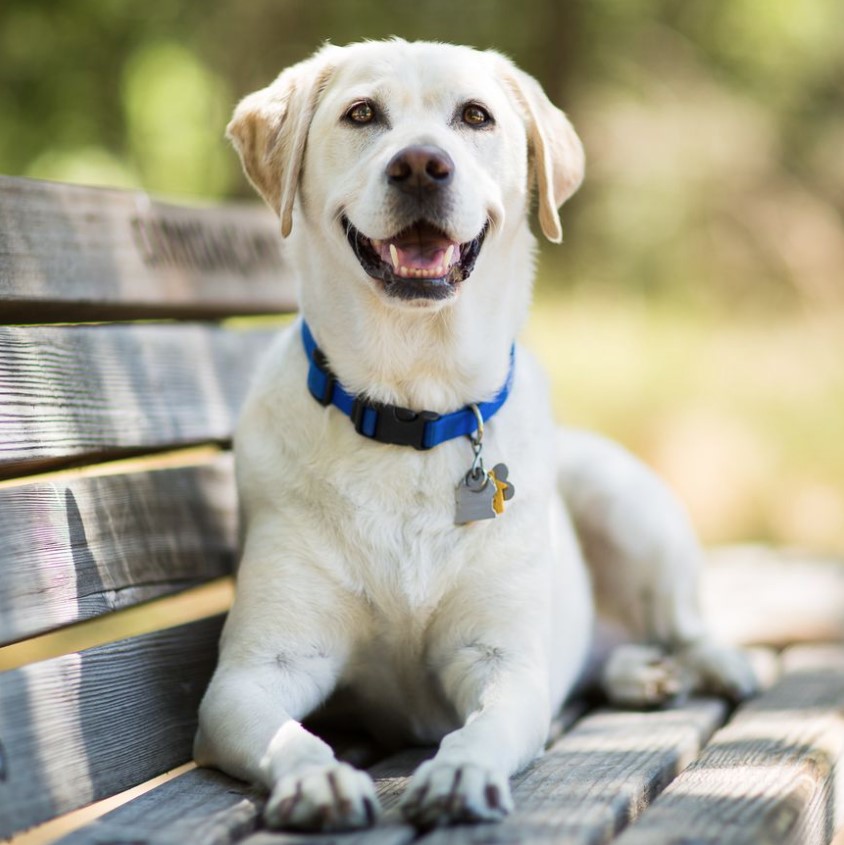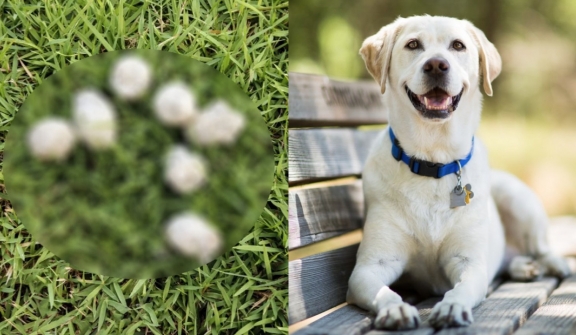
White dog poop, although more recognizable to older generations, became less common after the 1990s due to a significant shift in dog care.
The various shades of white poop, as classified in the Bristol Stool Chart for dogs, are frequently associated with mineral content in their food.
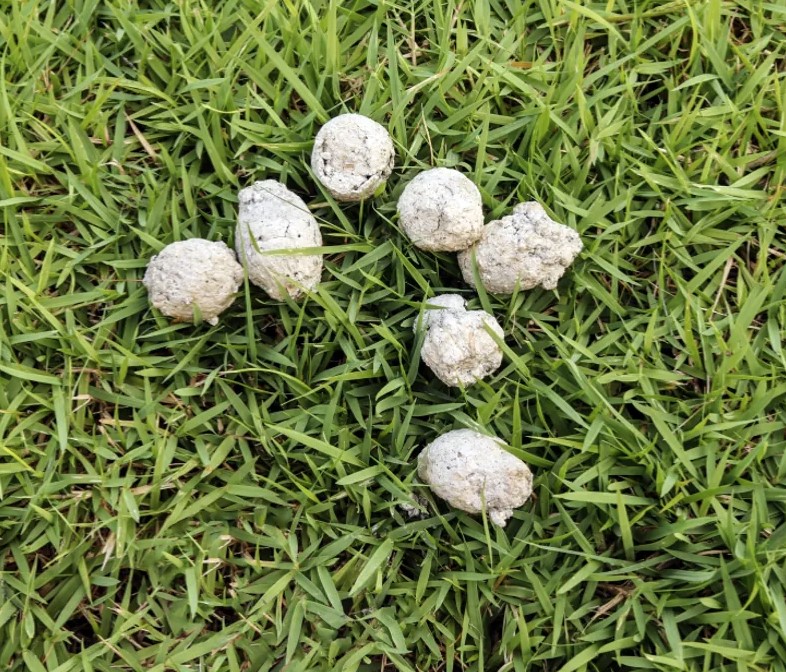
In the past, dog food was rich in calcium from meat and bone meal. While calcium is beneficial for dogs, there are limits to its absorption and processing.
Excessive calcium intake can result in dogs excreting it without proper absorption.
However, white dog poop wasn't immediately visible after being pushed out. It would typically acquire its snow-white appearance after being exposed to the sun, causing water evaporation and leaving behind a mineral-coated pile of peculiar white dog poop.
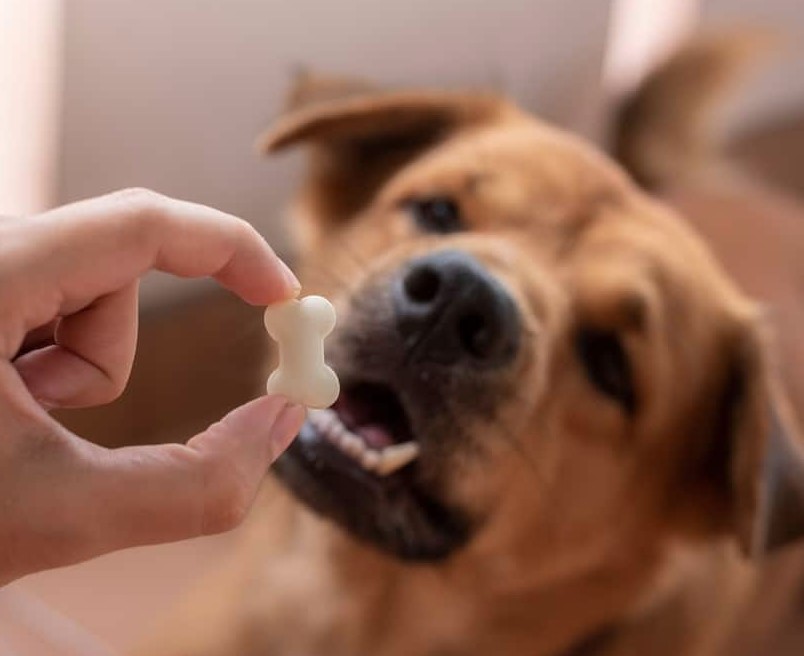
Similar to humans, dogs with liver and gallbladder issues may have pale stools due to insufficient secretion of bilirubin into the digestive system.
Bile is a digestive fluid produced by the liver and stored in the gallbladder. If the gallbladder does not drain bile into the intestines to mix with food, it can result in white poop.
The evolution of dog food recipes in the late 1980s or early 1990s led to the decline of the white dog poop issue.
Dog food companies started recognizing the potential hazards of cooked bones, which could splinter and harm a dog's digestive system.
Thousands of studies have been conducted to determine the optimal diets for dogs.
Some studies suggest that a well-balanced vegan diet could be a healthy and low-risk option for dogs, although this remains a topic of debate.
Furthermore, research has also raised concerns regarding the environmental impact of wet versus dry dog food.
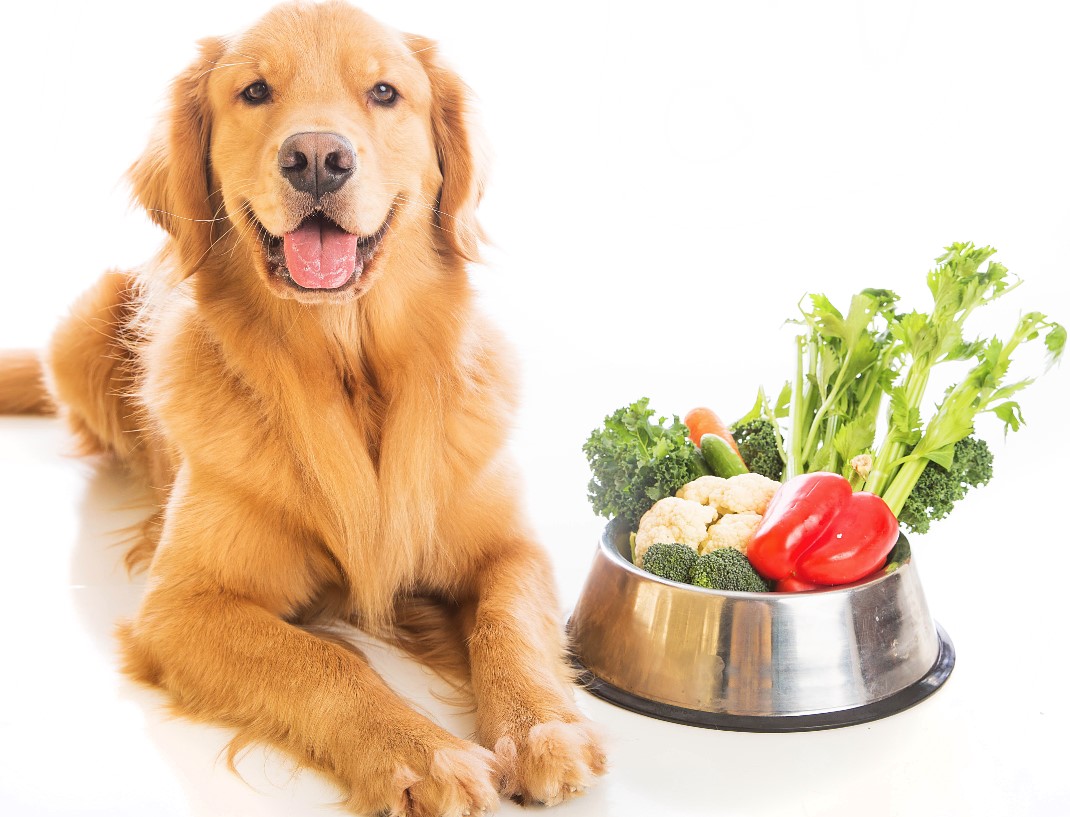
Adult dogs typically can regulate their blood calcium levels by absorbing what they require and eliminating the excess through their feces, as in the case of white dog poop.
However, excessive calcium levels, known as hypercalcemia, can be toxic and should be avoided.
It is important to maintain appropriate dietary calcium levels for dogs and consult with a veterinarian if there are concerns about unusual poop appearance.
